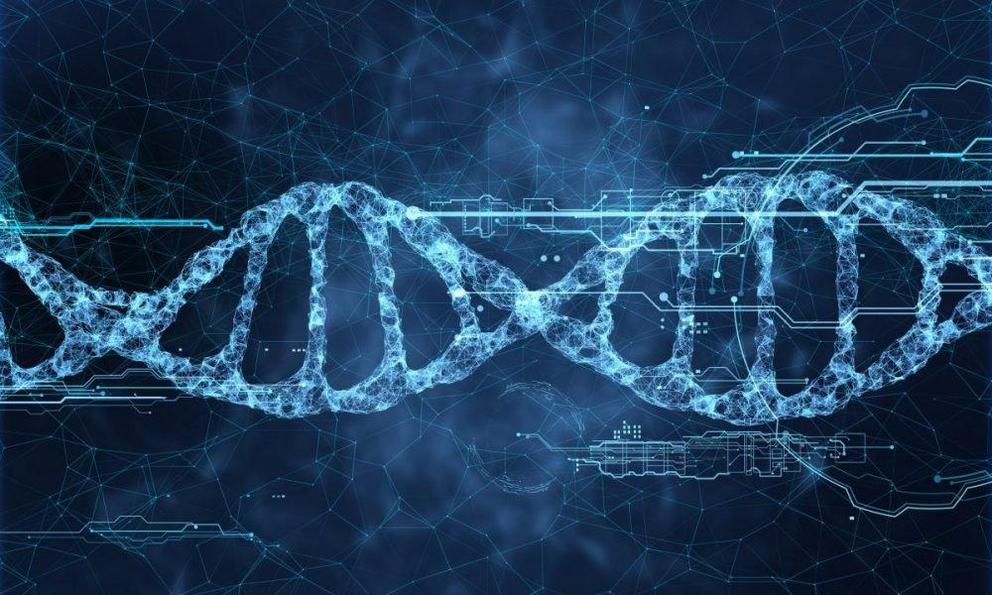Is your DNA safe? You might be unpleasantly surprised by the answer
In Brief
- The Facts:
After many healthcare activities like genetic testing or biopsies, your personal results are shared with or sold to third party companies. A new company is letting you take hold of your data, and choose whether you want to share it or not.
- Reflect On:
Is it time for the practices of companies to come out of fine print and into the public eye? Should we have the opportunity to profit from our own data? Is it time for a change in the way big corporations own and control all data?
Have you used a service like Ancestry or 23andMe before? What about the last time you donated blood, genetic testing or a biopsy? We all want good health, to help others and put in our best for a good cause, but did you consider what happens with the results from those activities?
You are essentially giving your DNA to a company, and in many cases, they use that data in clinical studies or sell it to third-party companies. While this doesn’t sound all that bad, and it may not be in all cases, do you truly know what’s happening with your DNA?
“It can be very surprising to individuals when they learn the genetic testing they’ve done, or even lab results from biopsies, etc. are widely shared with third parties” said Will Lowe, founder of TimiCoin/TimiHealth. “This very personal data should in fact be owned by the very person from whom the DNA was harvested,” he added.
In some cases, maybe you read the fine print and saw what companies intended to do with your information, or maybe you didn’t. Either way, the question is, when handing over your DNA during an act of kindness like donating blood, if it’s your DNA, shouldn’t you have control of it, own it and be able to access the samples when/if you need them for treatment? What about if your data is being sold, should you be able to profit off of it? Should information on be centralized, owned and controlled by large pharma companies?
This is where new ventures TimiHealth and TimiCoin come into play. They are on a mission to help you maintain ownership of your own DNA records and health information in general. It represents a new business paradigm, whereby information is centralized in terms of permitted access but decentralized in terms of who has the power over the information. No longer will masses of valuable personal information be owned and controlled by large corporations, but rather will be owned and controlled by each individual, not only giving the individual the ability to monetize their personal information themselves, but also securing the validity of that information through personal verification and safeguarding against fraud.
This may be a new idea to us, but many of us simply haven’t considered how much our data is truly worth and how companies have been taking this data and profiting for decades. Like we saw with the recent Cambridge Analytica data scandal, not all data is safe.
Companies who deal in such services will do all they can to convince consumers that their data is safe and secure. But as this CNBC article notes,
Companies in this space, including 23andMe, Veritas Genetics and Ancestry, have a good reason to protect your DNA — their business future depends on maintaining the trust of consumers. But there are thorny issues related to genetic privacy that still today don’t have easy answers or iron-clad legislative protections. And regulators aren’t convinced they are doing right by consumers. A recent Fast Company report indicates that 23andMe and Ancestry are being investigated by the Federal Trade Commission over their policies for handling personal info and genetic data and how they share that info with third parties.
With the TimiHealth technology, you will have access to determining who has access to your data and who can use or not use it for research purposes. It’s not simply about you profiting, it’s about you having access choosing to either share or protect your data, and licensing it if you wish.
“TimiHealth’s mission is to turn an individual’s very personal health data back over to each individual who will then own and control it. It’s the perfect moment in history where the technology can truly support the governmental and consumer outcry for individuals to own their own data. The California Consumer Privacy Act of 2018 is an example of where the future of the ownership of data is going, and individual control and transparency is exactly what TimiHealth is aligned with” said Joyce Lignell, Chairwoman of TimiHealth’s Advisory Board.
Your opportunity to begin taking control of your medical records starts very soon. unlike many other crypto projects, TimiHealth already has a working blockchain and they are near ready to deploy. Stay up to date with TimiHealth and TimiCoin via their Twitter announcements.
twitter.com/timicoin
twitter.com/timihealth

